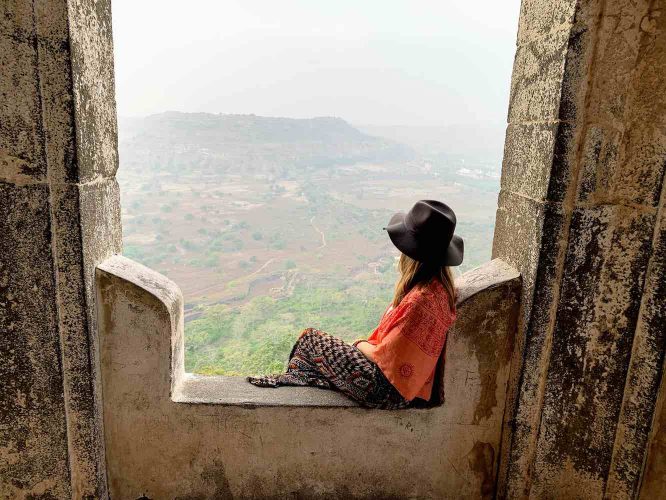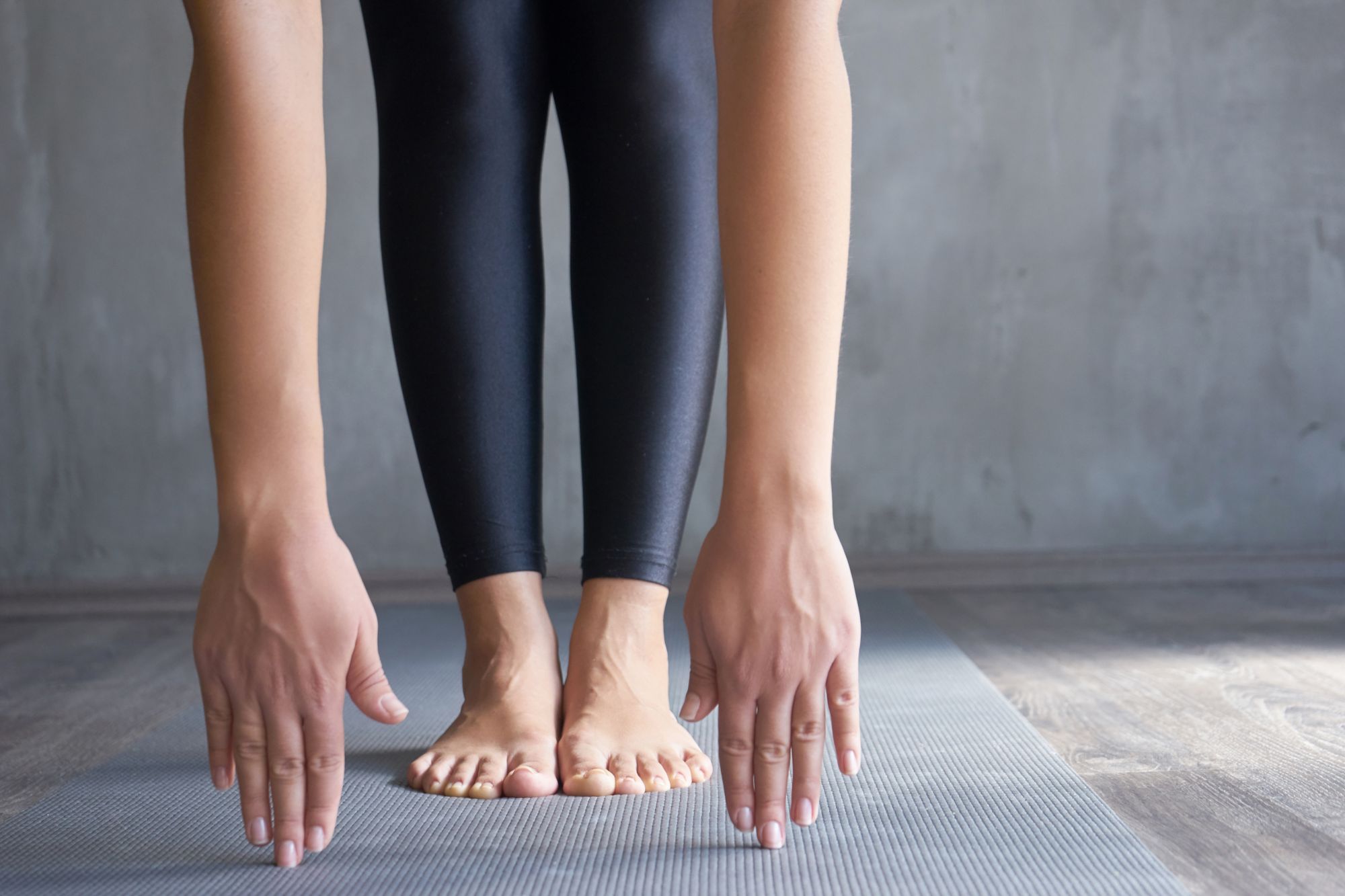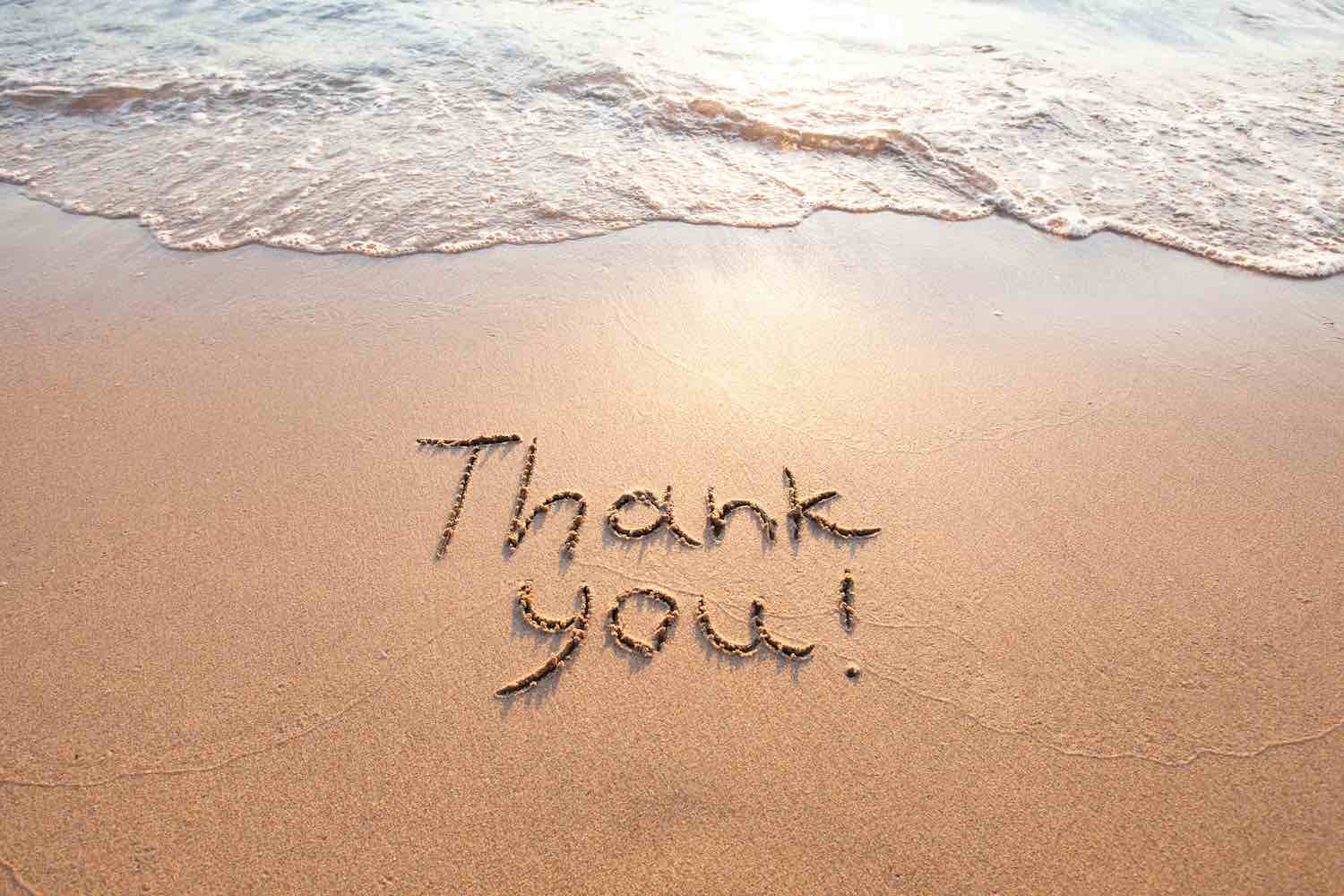When it comes to New Year’s resolutions, 2020 may go down in history as the year that everyone, no matter what their leadership status, gets a hall pass. And yet, these past few months, filled with so much uncertainty and conflict, have caused me to reflect on personal responsibility more than ever before.
In early 2019, I found myself in Downtown Santa Barbara having lunch with an interesting group of characters I had just met: a mildly-famous musician, a woman that owned a boutique hotel nearby, and an athletic male yoga instructor from Texas. I wasn’t sure how I fit into this group or, to be frank, what the hell I was doing there (a friend connected me with the musician, and when we decided to meet up, I didn’t realize he came with an eclectic entourage), but I stayed open to making new friends. We ended up at a swanky, cafeteria-style spot. Though they were very kind and the musician just as lovely as my friend promised, I felt like the new kid at the lunch table, as we sat down to eat our various cuisines. They seemed to already know each other and have a lot in common. Meanwhile, I tend to be an introvert, especially in new, forced-social situations. Meeting one new friend is one thing; being interviewed by three was a different story.
As an icebreaker, I suggested we go around the table and share our intentions for the new year. They humored me, remarking what a good idea that was. Rather than accepting their compliments, I brushed them off, explaining how I used the word “intentions” rather than “resolutions” because of some popular statistic about how most people don’t succeed at keeping them. The handsome yoga teacher did not like this comment. He became visibly agitated, aggressively arguing that we shouldn’t accept that statistic because, “as leaders, we know we can change. It’s mind over matter.”
I internally rolled my eyes, wondering, “Who the hell is this guy? Why does he have to take himself so seriously? How dare he assume I am also a “leader”? What does that even mean anyway? Does he mean he and I are leaders because we teach yoga or that everyone at the table is a leader? He doesn’t even know me!” In hindsight, I could have gotten curious, perhaps asked questions for clarification. Instead, I sat and stewed. My judgmental side was flaring up. I wasn’t sure what made me more upset: the fact that including me in this “leader” category meant I had a responsibility to do and be better (aka keep my damn New Year’s resolutions), the arrogance I assigned to his statement of somehow being better than the average, or simply that he challenged me – especially in front of the group I was trying to connect with. Whatever the reason, I was triggered.
This New Year’s looked a bit different. I rang in 2020 across the globe in India. I remember the fear that came up for me when, only a couple weeks before, a spot opened up for me on the trip. Although I was initially disappointed, when I didn’t think it was a possibility, finding out I might actually be going was far more terrifying than the disappointment of missing out. When I shared the news with someone I look up to, someone whose opinion I value and respect, she was incredibly supportive and encouraging, though expressed concern over a crucial detail of the trip.
“Oh no! Should I not go?” I asked her anxiously.
“You have to go,” she replied.
“But I don’t even know the man leading the trip. What if I don’t resonate with his teachings?” I continued.
“Then, that’ll be a teacher too,” she concluded.
Lately, I’ve been thinking about that brief exchange. Seemingly uneventful in the moment, it’s felt like a missing puzzle piece, a life lesson I can apply to any situation and, more specifically, how I can respond to current events. With all the tension going on in our country and on social media feeds everywhere, it’s easy to point fingers at what she’s doing or he’s posting or they’re not saying. We are in a virtual battlefield. Simple things, such as wearing a mask and stating that Black lives matter, are political and polarizing. We are all learning and unlearning, and that can look different for each person. Some of us are die-hard activists out in the streets protesting, while others are educating themselves through books, courses, and podcasts. Some may be quietly donating to causes and organizations they support, while others are initiating difficult conversations with their friends and family.
I’ll admit, I fell into the judgment trap again recently. During this difficult time, I’ve been looking for guidance and leadership from others, until I came across a post that made me reconsider the Texas-based yoga teacher’s passionate response over a year ago. It was a photo of a protest sign that read,
“I always wondered why somebody didn’t do something about that. Then I realized I was somebody.”
Maybe this person was just as arrogant as I told myself, or maybe, dare I say, he had a valid point I wasn’t ready to hear until now: I can be accountable for changing my behavior. The change I wish to see in the world starts with me. I don’t need to wait for someone else to speak up and out, when I have a voice of my own.
We’re all teachers – not just those of us in positions of power and leadership. Judging others is easy; what’s harder is looking closer at our judgments, getting curious about them, and letting them be our teachers too. That doesn’t mean that the person magically changes or even should be forgiven; clearing away the judgment is for our own benefit and personal growth. The ways we wish others would show up are little mirrors, shining a light on how we can show up. May we learn from each other. May we stay open and curious. And when we know better, may we do better.














